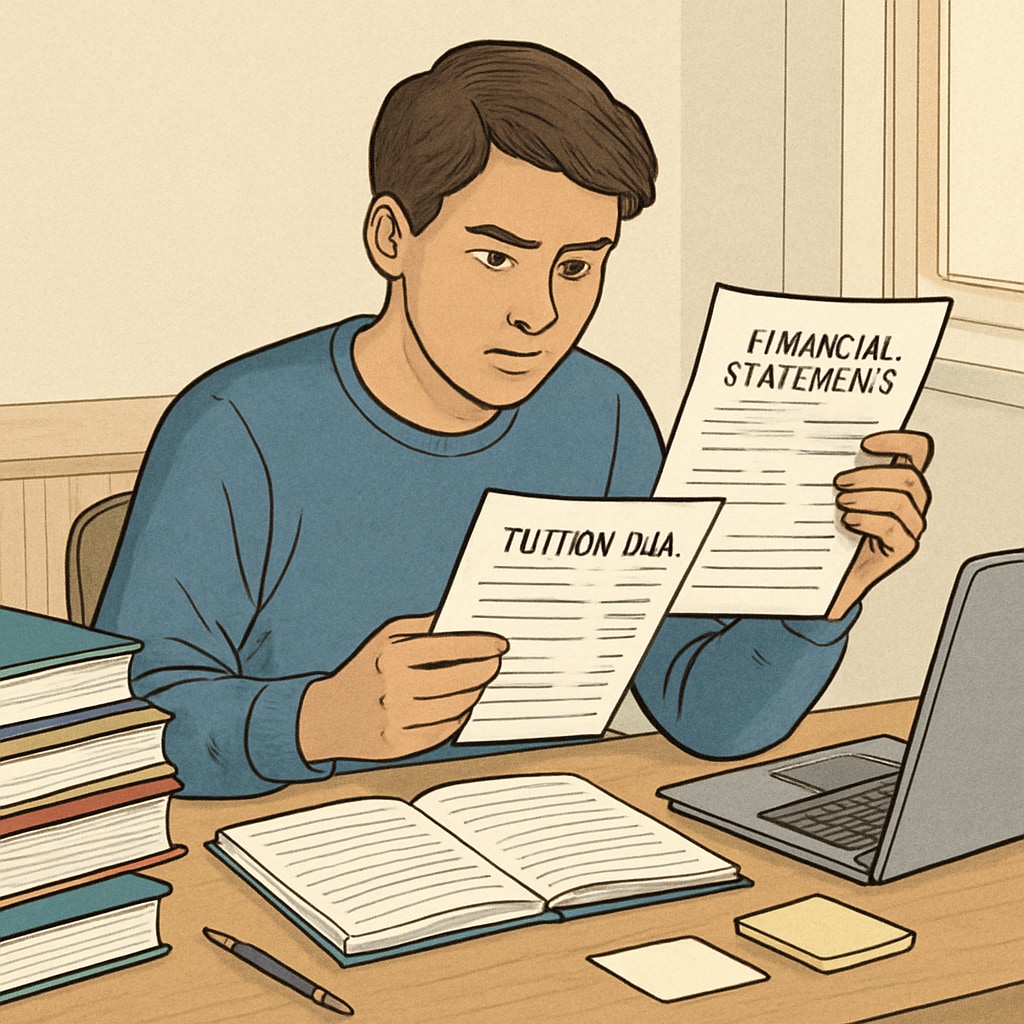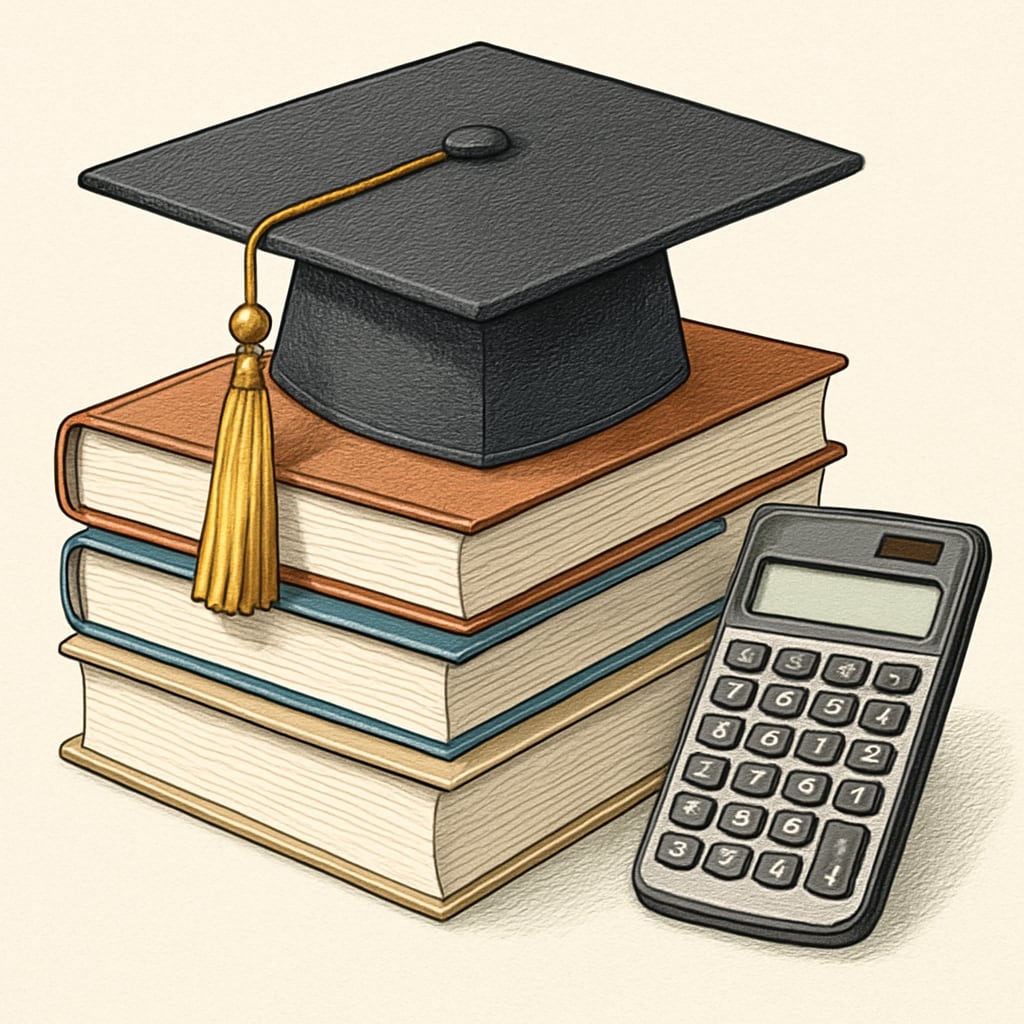Earning a bachelor’s degree while managing credit debt requires strategic planning and resourcefulness. Many students face financial barriers due to unpaid tuition fees or institutional holds preventing credit transfers. However, solutions exist to navigate these challenges successfully.
Understanding Credit Debt and Its Academic Consequences
Institutional credit debt occurs when students owe money to their college or university, often resulting from unpaid tuition, late fees, or other charges. This debt can:
- Block access to official transcripts
- Prevent credit transfers to other institutions
- Delay degree completion indefinitely

Practical Strategies for Degree Completion
Students facing credit debt have several pathways to consider:
- Credit Transfer Negotiation: Some institutions allow partial transcript release for transfer purposes despite outstanding balances (source: U.S. Department of Education policies)
- Debt Settlement Plans: Many schools offer payment arrangements that restore academic privileges
- Alternative Credit Options: Consider CLEP exams or prior learning assessment to replace blocked credits
Alternative Pathways to Graduation
When traditional routes are blocked, innovative solutions emerge:
- Community college partnerships offering transcript-based admission
- Competency-based education programs (detailed at American Council on Education)
- Workforce development programs with credit articulation agreements

Remember, persistence and creative problem-solving can overcome even significant financial obstacles. By exploring all available options and maintaining communication with academic advisors, students can find viable paths to complete their bachelor’s degree despite credit debt challenges.


